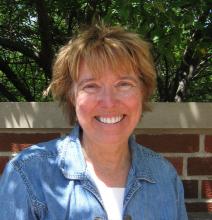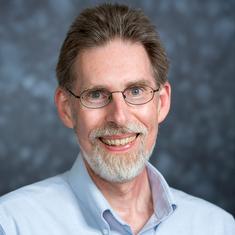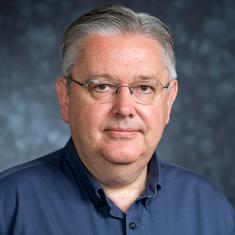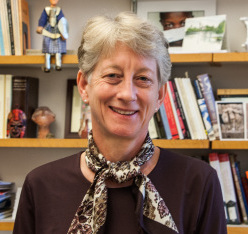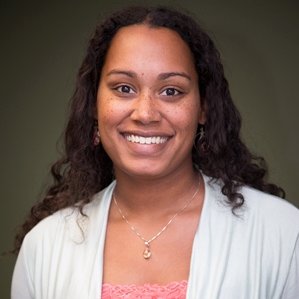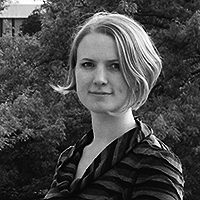2015 Summer Institute Presenters and Visitors
Mapping
A running theme in the Digital Bridges Summer Institute is the use of digital tools to create models that facilitate deeper understanding. This session outlines and then explores the field of “spatial humanities” and asks how the use of maps to model and contextualize texts, data, and images can enhance the classroom experience. In particular, we will focus on the use of GIS (Geographic Information Systems) in the Digital Humanities. These computer systems have given academics new tools with which to associate previously disparate data and a means to visualize the written word, but they also allow us to uncover new relationships between various sources of information. The morning will focus on the history, development, and use of GIS as a technology, and detail some ways in which it has been applied within digital humanities projects. Participants will then be introduced to the file formats used to save data (e.g., CSV files), the geographic tools used to visualize this data (e.g., Google Maps and Google Earth, ArcGIS, MapBox, Leaflet), and the notations used to express these geographic visualizations and annotations (e.g., KML, JSON, Shapefiles). In the afternoon workshop, participants will work in pairs to organize, visualize, and interpret their own datasets using these tools. The ultimate goal of the session is not only to create a number of dynamic digital maps that can be printed out and placed on the kitchen fridge, but also to provide participants with the tools and resources they need to engage their own students in thinking about texts, images, and data through a new, spatial prism.
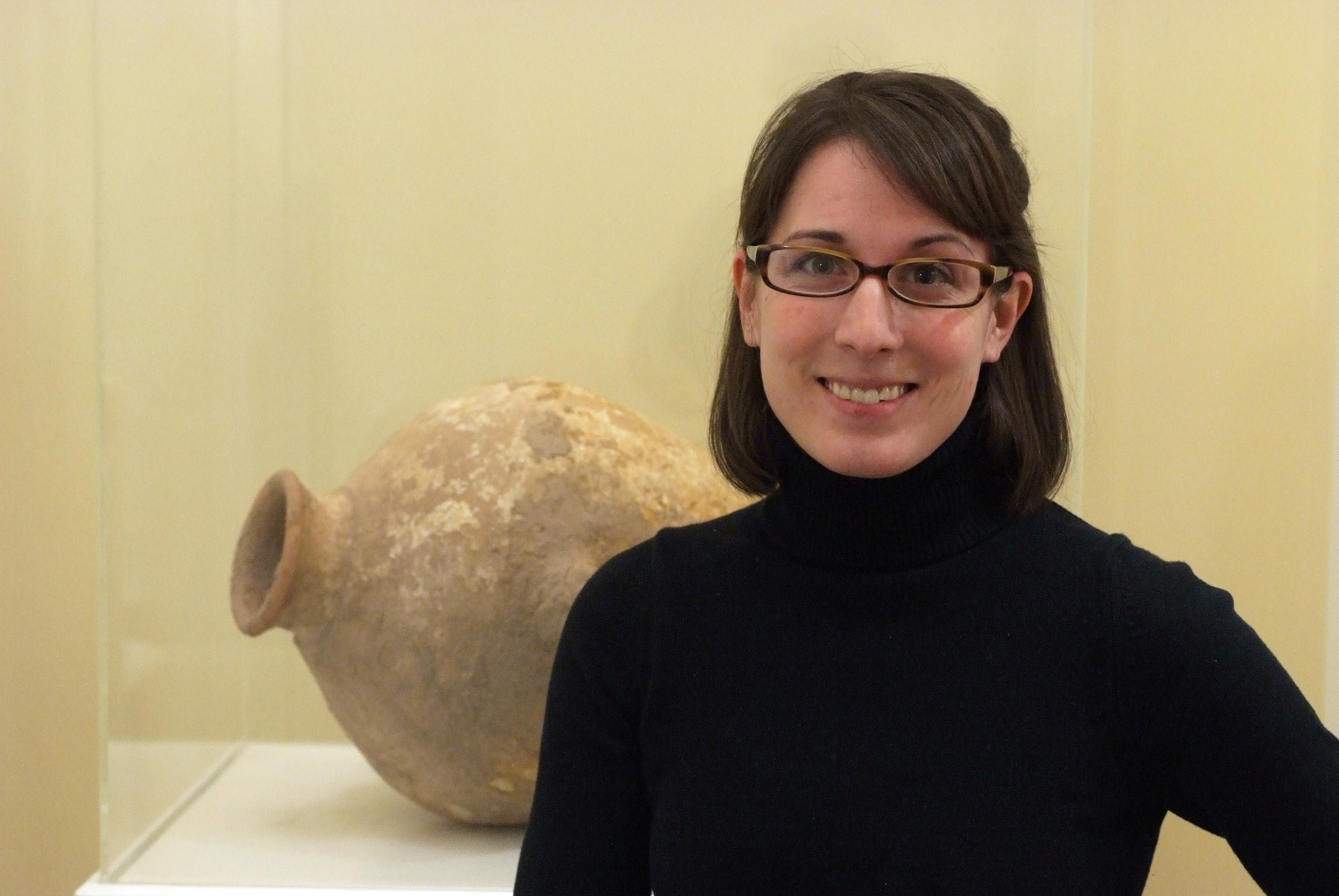 Sarah Bond, Department of Classics, University of Iowa. Sarah Bond is an assistant professor in the Department of Classics at the University of Iowa. Professor Bond is a digital humanist and teaches courses on Roman Civilization, Late Antique Latin, Latin historiography, Roman history, and Greek and Latin epigraphy. Her research focuses primarily on Roman law, commerce, marginal peoples, and the formation of voluntary associations during the period called Late Antiquity (200-700 CE). She works extensively with material culture to reconstruct the lives of “ordinary” working Romans and is currently finishing a book for the University of Michigan Press on unseemly tradesmen in the Roman Mediterranean (45 BCE-565 CE). Professor Bond holds a a B.A. in Classics and History with a Classical Archaeology minor from the University of Virginia and a, M.A. and Ph.D. in Ancient History from the University of North Carolina at Chapel Hill. For more information on Dr. Bond’s work, visit her website: https://sarahemilybond.wordpress.com
Sarah Bond, Department of Classics, University of Iowa. Sarah Bond is an assistant professor in the Department of Classics at the University of Iowa. Professor Bond is a digital humanist and teaches courses on Roman Civilization, Late Antique Latin, Latin historiography, Roman history, and Greek and Latin epigraphy. Her research focuses primarily on Roman law, commerce, marginal peoples, and the formation of voluntary associations during the period called Late Antiquity (200-700 CE). She works extensively with material culture to reconstruct the lives of “ordinary” working Romans and is currently finishing a book for the University of Michigan Press on unseemly tradesmen in the Roman Mediterranean (45 BCE-565 CE). Professor Bond holds a a B.A. in Classics and History with a Classical Archaeology minor from the University of Virginia and a, M.A. and Ph.D. in Ancient History from the University of North Carolina at Chapel Hill. For more information on Dr. Bond’s work, visit her website: https://sarahemilybond.wordpress.com
Robert Shephard, Geospatial Information Systems (GIS) specialist, The University of Iowa Libraries
Developing Collections with Omeka
Omeka is an open source web-publishing and collection management tool designed for libraries, archives, and museums. During this session we will discuss the use of Omeka.net, Omeka’s web-based platform, for the creation of scholarly collections in the classroom. The workshop will include a detailed tutorial of how to build digital collections in Omeka, how to create contextual metadata and description of collection items, and how to build digital exhibits and tell stories with digital collections. This session will also discuss potential classroom uses of Omeka through the exploration of use-cases, address the development of assignments and assessment criteria, and consider potential copyright issues regarding the reuse of digital materials. Participants will curate individual Omeka sites using the Grinnell College Libraries’ Digital Collections to explore the functions and capabilities of Omeka during the workshop.
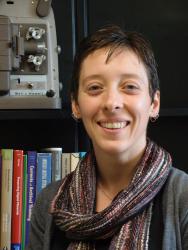 Lindsay Mattock, School of Library and Information Science, University of Iowa. Lindsay Mattock is an assistant professor in the School of Library and Information Science at the University of Iowa. She completed her doctorate at the University of Pittsburgh School of Information Sciences. She also holds a MLIS with a concentration in Archives, Preservation and Records Management and a BA in Film Studies. Her professional experience as a video-technician and training in filmmaking and photography have shaped her academic interest in the preservation of visual media and visual culture. Mattock has taught in the areas of digital preservation, preservation management, archival representation, and moving image archives. Her recent research connects these areas of interest, investigating the development of archival practices developed within non-profit media organizations, including media arts centers and media collectives. This research reframes these maker-spaces as archives, critiquing professional archival practices and suggests new frameworks for the preservation and archivization of audiovisual media. For more information on Dr. Mattock’s work, visit her profile: http://slis.grad.uiowa.edu/research-profiles/mattock-lindsay
Lindsay Mattock, School of Library and Information Science, University of Iowa. Lindsay Mattock is an assistant professor in the School of Library and Information Science at the University of Iowa. She completed her doctorate at the University of Pittsburgh School of Information Sciences. She also holds a MLIS with a concentration in Archives, Preservation and Records Management and a BA in Film Studies. Her professional experience as a video-technician and training in filmmaking and photography have shaped her academic interest in the preservation of visual media and visual culture. Mattock has taught in the areas of digital preservation, preservation management, archival representation, and moving image archives. Her recent research connects these areas of interest, investigating the development of archival practices developed within non-profit media organizations, including media arts centers and media collectives. This research reframes these maker-spaces as archives, critiquing professional archival practices and suggests new frameworks for the preservation and archivization of audiovisual media. For more information on Dr. Mattock’s work, visit her profile: http://slis.grad.uiowa.edu/research-profiles/mattock-lindsay
3D Visualization
 Bob Cargill, Departments of Classics and Religious Studies, University of Iowa
Bob Cargill, Departments of Classics and Religious Studies, University of Iowa
Ted Underwood
 Ted Underwood, Professor of English at the University of Illinois at Urbana-Champaign. Visit Dr. Underwood’s website, The Stone and the Shell and read his well-known blog post on Digital Humanities, which he recently updated in anticipation of this institute.
Ted Underwood, Professor of English at the University of Illinois at Urbana-Champaign. Visit Dr. Underwood’s website, The Stone and the Shell and read his well-known blog post on Digital Humanities, which he recently updated in anticipation of this institute.
Guests and Staff Colleagues
Jean Florman, Director of the Center for Teaching, OTLT, University of Iowa
Richard Fyffe,Samuel R. and Marie-Louise Rosenthal Librarian of the College, Associate Professor and Department Chair of Library, Grinnell College
David Lopatto, Professor and Department Chair of Psychology, Grinnell College
Monessa Cummins, Associate Professor and Department Chair of Classics, Grinnell College
Hannah Scates Kettler, Digital Humanities Librarian, University of Iowa
Cale Staley, Doctoral Candidate in Near Eastern Studies, Cornell University
Steve Tomblin, Application Developer, ITS, University of Iowa
Brian Finley, Application Developer, ITS, University of Iowa
Nikki White, researcher, developer, and analyst in The Digital Studio for Public Arts and Humanities, University of Iowa


